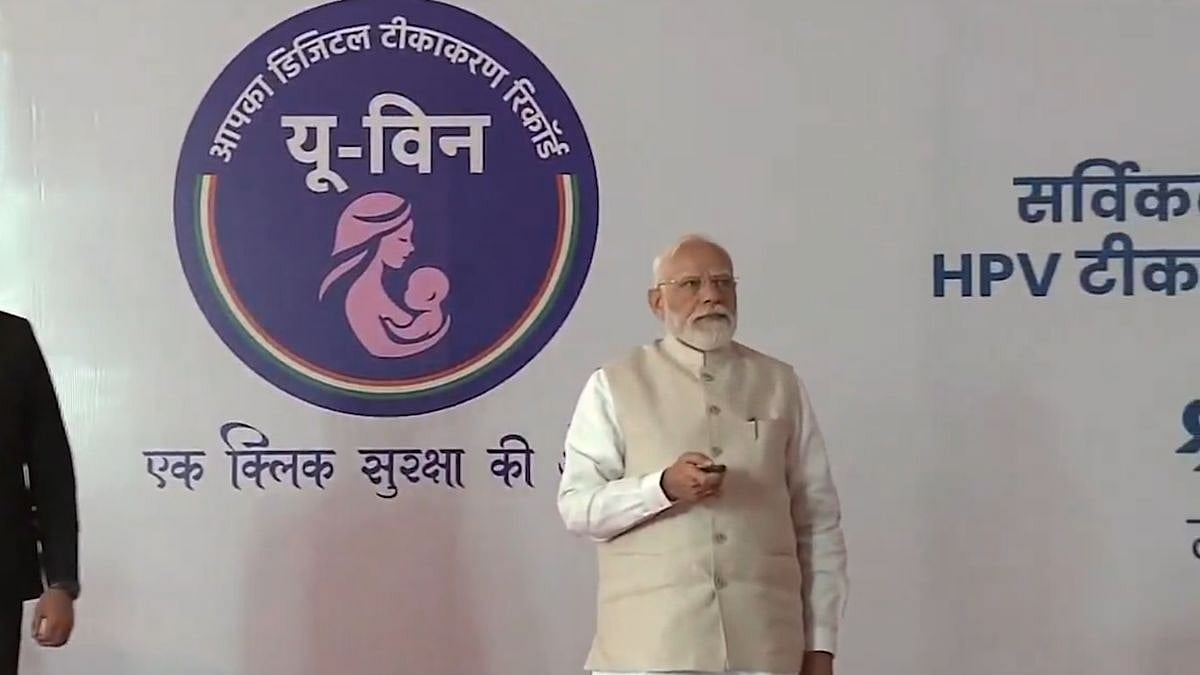Munshi Premchand is often hailed as India's preeminent Hindi-Urdu writer from the early 20th century. He was a versatile literary figure, known for his novels, short stories, and plays. Among novelists, he earned the title of "Upanyas Samrat," which translates to "Emperor of Novels."
October 8 marks the 86th death anniversary of Munshi Premchand, whose work, steeped in realism, provided a glimpse into colonial India and the social issues of his time.
Born on July 31, 1880, in the village of Lamhi, Varanasi, his real name was Dhanpat Rai Shrivastava, but his pen name 'Premchand' transcended time and found him glory. Premchand had humble beginnings; he received his early education at a local madrasa, where he studied Urdu under the guidance of a maulvi. Following the tragic loss of his parents, he took on the responsibility of caring for his stepmother and stepsiblings. To support his family, he worked as a teacher in Chunar, near Varanasi, and managed to complete his bachelor's degree. In 1921, at the request of Mahatma Gandhi, he chose to leave his teaching career.
His name continues to be celebrated for his enduring impact on Hindi and Urdu fiction, defining a legacy of storytelling that remains iconic to this day. On his death anniversary, let us look at five of his best works that you can read as well as listen to as audiobooks:
1. Godaan

Among Munshi Premchand's most renowned Hindi novels, 'Godaan' delves into themes of socio-economic deprivation and the oppression of the lower classes. It offers a realistic portrayal of rural India.
2. Sevasadan

Originally written in Urdu under the title 'Bazaar-e-Husn,' the novel was initially published in Hindi as 'Seva Sadan' in 1919. This marked Munshi Premchand's debut major novel. The story revolves around an unhappy housewife who transforms into a courtesan and embarks on a transformative journey.
3. Karmabhoomi

'Karmabhoomi' unfolds its narrative in the setting of 1930s Uttar Pradesh, a period marked by the severe exploitation of the underprivileged, illiterate masses by the affluent upper class. Premchand's writing unmistakably reflects his compassion and empathy for the downtrodden.
4. Gaban

The novel aims to shed light on the declining moral values within the lower-middle-class Indian youth during the British-India era and the extraordinary lengths individuals may resort to in order to craft an illusion of elitism.
5. Nirmala

In this novel, Premchand critiques the longstanding Indian practice of dowry. This work, ahead of its time, delves into the plight of a young girl forced into a marriage with an elderly man, thereby exposing the unjust treatment of women in society.





